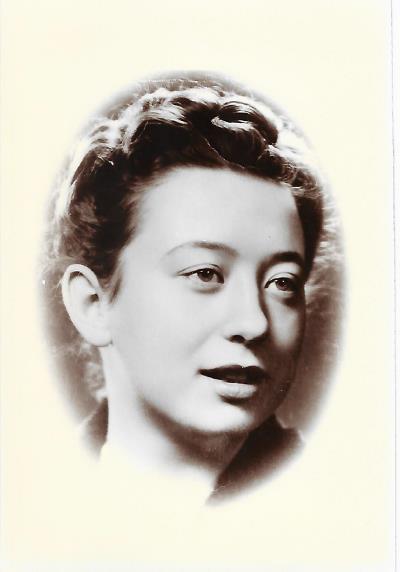Wir Prager Deutsche konnten alle auch Tschechisch

Stáhnout obrázek
Emanuela Köhler, geborene Janula, wurde am 12. September 1924 in Prag von einer deutschen Mutter geboren und hatte einen Vater mit tschechischen Wurzeln, der aber in Österreich aufgewachsen war. Sie besuchte eine tschechische Allgemeine und Bürgerschule. Nach der Schule arbeitete sie zur Jahreswende 1938/1939 in der Firma Selkus und half den jüdischen Eigentümern Anfang 1939 eine hohe Geldsumme in die Londoner Emigration zu senden. Ihren Reichsarbeitsdienst absolvierte sie in einer Munitionsfabrik in Troppau (Opava). In den letzten Kriegsmonaten arbeitete sie bei der Distribution der Lebensmittelscheine im neuen Gebäude des Prager Rathauses, wo sie auch als Deutsche nach dem Prager Aufstand interniert und anschließend in ein Sammelzentrum in einer Schule im Prager Stadtteil Smichow (Smíchov) gebracht wurde. Sie verrichtete bei Bauern im Kreis Jitschin (Jičínsko) ein halbes Jahr Zwangsarbeit und besuchte in der Zeit ihre Mutter als Gefangene im Lager in Theresienstadt (Terezín). Deportiert wurde sie 1946 mit dem Zug über das Lager in Reichenberg (Liberec) in die Sowjetische Besatzungszone in Deutschland, doch es gelang ihr nachts über die grüne Grenze in den Westen zu gehen. In Pullach bei München gründete sie 1948 eine Familie mit Anton Köhler aus einer deutschen Familie mit Herkunft aus Petschau (Bečov nad Teplou).










